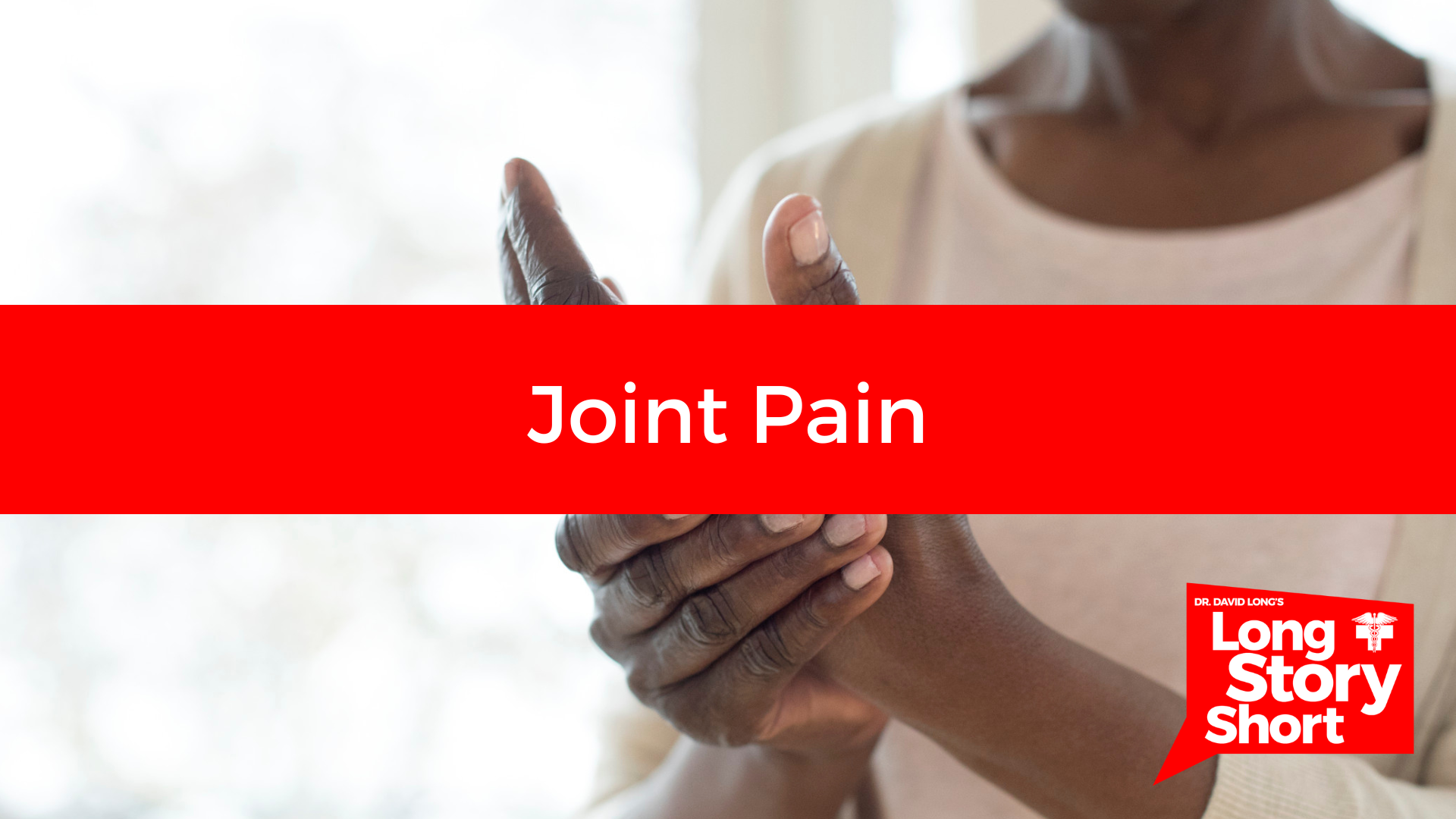Joint Pain Summary
• Joint pain is a common problem that can affect anyone regardless of age or gender.
• Potential causes of joint pain can include arthritis, bursitis, tendinitis, gout, injury and poor posture.
• Maintaining joint health through diet and exercise, low-impact activities and lifestyle modifications are key to avoid joint pain.
• If joint pain persists, speak with your doctor about potential medications and treatments to ease discomfort.
• Investing in preventive measures now is the best way to ensure long-term joint health.
Full Text
Joint pain can be a source of anguish and frustration, as it affects nearly everyone at some point in their lives. Unfortunately, joint pain is a common issue that can affect anyone regardless of age or gender. Whether it’s knee pain, hip pain, joint stiffness or soreness, joint pain can significantly reduce your quality of life.
There are many potential causes of joint pain, such as arthritis, bursitis, tendinitis, gout and more. However, joint pain can also be caused by injury or even poor posture. Fortunately, there are steps you can take to reduce the severity of joint pain.
Taking proactive measures to keep joints healthy is important for joint health in the long run. Maintaining a healthy weight through diet and exercise can help reduce strain on joints; using low-impact exercises like cycling or swimming instead of running or jumping may also help protect joint health.
Additionally, physical therapy and lifestyle modifications may help alleviate joint pain issues. This includes taking breaks during activities that put stress on your joints, avoiding extreme temperatures and applying hot or cold treatments to joint areas as needed. If joint pain persists, you may want to speak with your doctor about potential medications that can help reduce inflammation and joint pain.
Ultimately, joint health is an important part of overall health — taking proactive steps to maintain joint health can prevent chronic joint pain issues down the road and improve quality of life. With proper care, joint health doesn’t have to be a hindrance in daily life.
If you’re currently experiencing joint pain, there are various treatments available to ease discomfort and restore mobility. Depending on the type of joint problem, your doctor might suggest injections or medications that can reduce inflammation in the joints for relief from chronic pain. Therapies such as physical therapy, joint manipulation, and exercises can be incorporated into your treatment plan to improve joint health.
If joint pain is interfering with daily activities or preventing you from living a healthy lifestyle, it’s time to seek medical advice and look at options for maintaining joint health. Taking proactive steps now — such as eating a balanced diet rich in vitamins and minerals, exercising regularly, and avoiding repetitive stress — can help protect your joints so that you can continue leading an active life. Keeping up with preventive measures like these will ensure joint health remains optimal for years to come.
In conclusion, joint pain can have a significant impact on the quality of life but taking proactive steps towards joint health is the best way to avoid joint pain and keep living an active life. With proper care and maintenance, joint health can be easily managed in most cases.
Talk to your doctor for advice on how to manage joint health and stay active as you age. Taking preventive steps today will help you avoid joint pain down the road. Investing in joint health now is the best way to ensure long-term joint health.
I’m Doctor Long, and that was the long story short!





 and then
and then